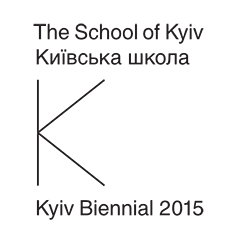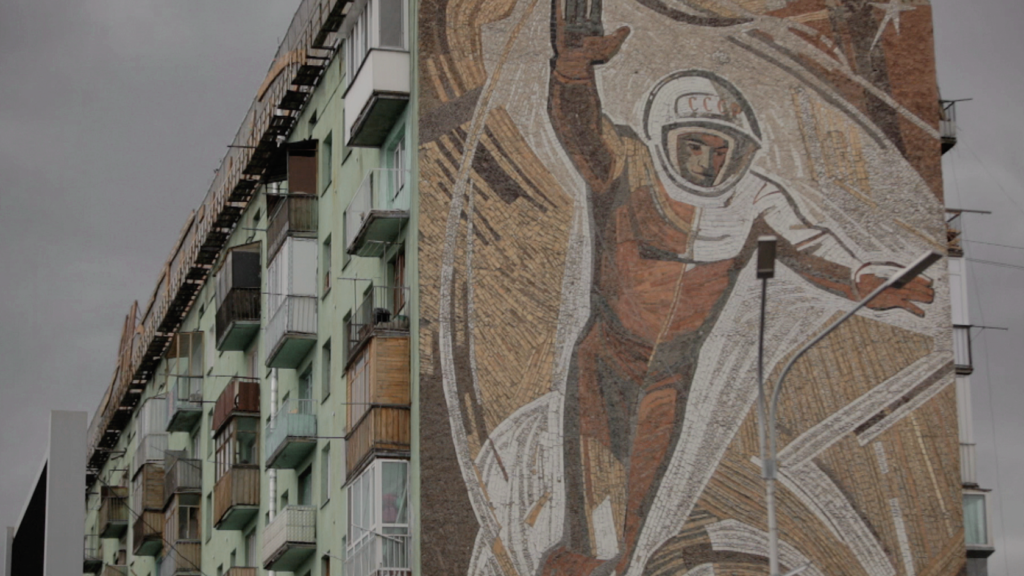Screening of The Cosmist Trilogy by Anton Vidokle
Wednesday, December 7th, 2016, 19:00
During the period of 2014-16 the artist Anton Vidokle worked on the series of films about cosmism as a philosophical movement. This Is Cosmos draws on the thinking of the early 20th Century Russian philosophical movement “cosmism.” Filmed in Siberia, Crimea, and Kazakhstan, This Is Cosmos draws on diverse materials including poems, philosophical texts, scientific writings, academic papers, and historical studies. It particularly centers on the writings of the philosopher Nikolai Fedorov, who advocated the development of scientific methods for the radical extension of life, and the resurrection of the dead. For the Russian cosmists, cosmos did not mean outer space: rather, they wanted to create “cosmos” on earth. “To construct a new reality, free of hunger, disease, violence, death, need, inequality – like communism.” Vidokle’s film re-engages this Utopian project, seeking out the traces of such philosophy after the end of the Soviet Union and in the present day.
The second film of Anton Vidokle’s trilogy on Russian cosmism, The Communist Revolution Was Caused By The Sun, looks at the poetic dimension of solar cosmology of Soviet biophysicist, Alexander Chizhevsky. Shot in Kazakhstan, where Chizhevsky was imprisoned and later exiled, the film introduces Сhizhevsky’s research into the impact of solar emissions on human sociology, psychology, politics and economics in the form of wars, revolutions, epidemics and other upheavals. aligns the life of post-soviet rural residents and the futurological projects of Russian cosmism to emphasize that the goal of the early Soviet breakthroughs aimed at the conquest of outer space was not so much technical acceleration, but the common cause of humankind in their struggle against limitations of earthly life.
The last film in Vidokle’s trilogy on Cosmism is a meditation on a museum as the site of resurrection — a central idea for many Cosmist thinkers, scientists and avant-garde artists. Filmed at the State Tretiyakov Gallery, Moscow Zoological Museum, The Lenin Library and The Museum of Revolution, the film looks at museological and archival techniques of collection, restoration and conservation as a means of the material restoration of life, following an essay penned by Nikolai Fedorov on this subject in 1880s.
Anton Vidokle (b. Moscow) is an artist based in New York and Berlin. Vidokle is co-editor of e-flux journal along with Julieta Aranda and Brian Kuan Wood. Vidokle’s work has been exhibited internationally, in venues such as the 56th Venice Biennale (2015) and Documenta 13 (2012). He has directed several films including 2084: A Science Fiction Show (2012-2014) with Pelin Tan, which has been exhibited at the Bergen Assembly (2013), La Biennale de Montréal (2014), the Istanbul Biennial (2015), Home Works 7, Beirut (2015) and the Museum of Modern Art, Warsaw (2016). Vidokle’s series of films on the Russian Cosmists, This Is Cosmos (2014) and The Communist Revolution Was Caused By The Sun (2015) have been exhibited and screened internationally at the Shanghai Biennale (2014) Witte de With, Rotterdam, (2015), the 65th and 66th Berlinale International Film Festival, Forum Expanded (2015, 2016), the Moscow Biennale (2015), the Gwangju Biennale (2016); amongst many others.
The screening takes place within the framework of the exhibition Kinotron.
Admission is free.
Partners: Oleksandr Dovzhenko National Centre

Museum of Modern Art in Warsaw

International Human Rights Documentary Film Festival Docudays UA

Organizers: Visual Culture Research Center, Krytyka Polityczna
Media partners: Українська Правда. Життя, Korydor, Moviegram, Cultprosir, Update, Політична критика
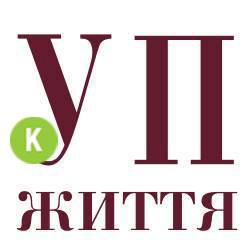
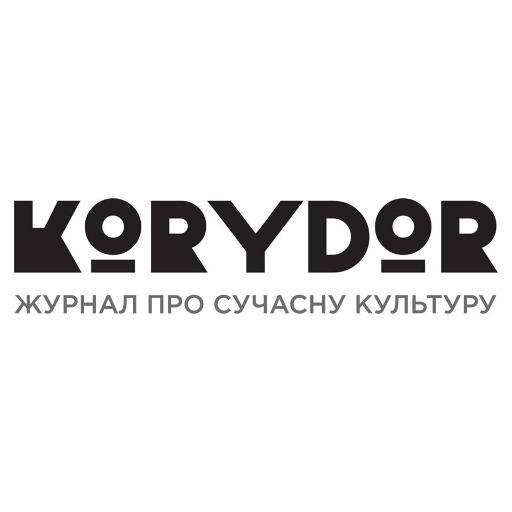
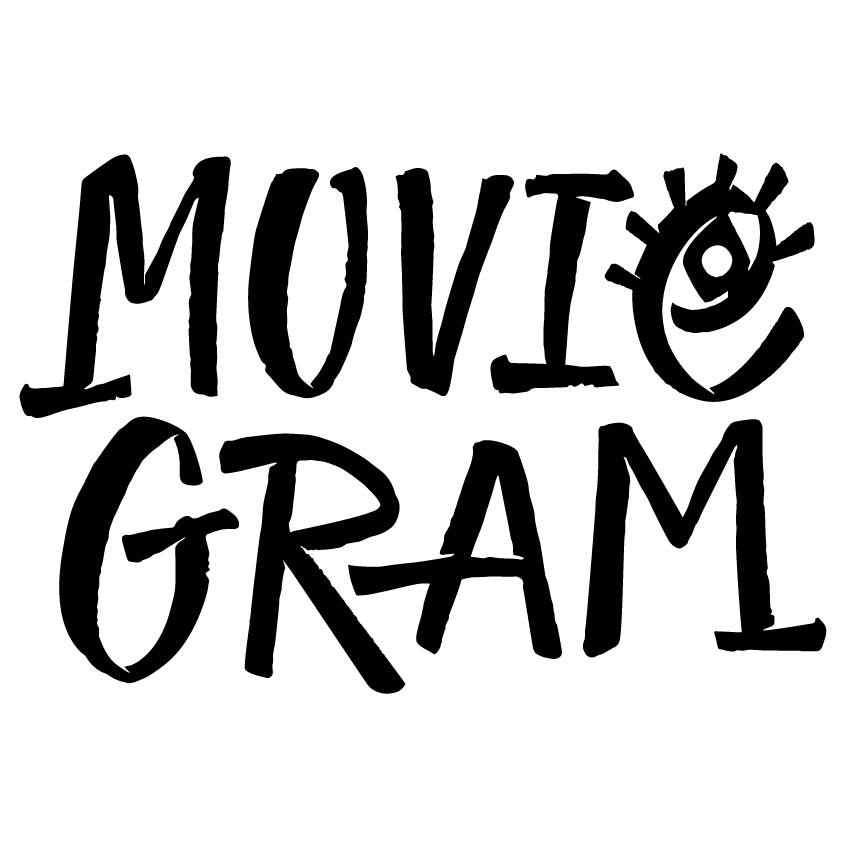

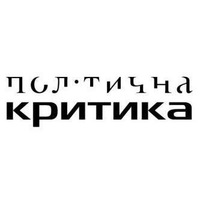
![]()

